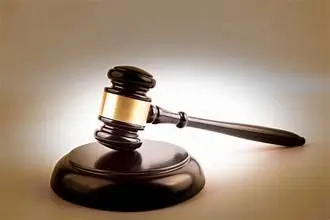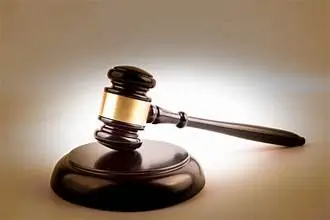[ad_1]
The three-member committee appointed by former Chief Justice of India Justice Sanjiv Khanna to investigate the alleged recovery of unaccounted cash from the residence of Justice Yashwant Varma has concluded in its 64-page report that there was sufficient substance to initiate proceedings for the removal of the former Delhi High Court judge. The committee comprised Punjab and Haryana High Court Chief Justice Sheel Nagu, Himachal Pradesh High Court Chief Justice GS Sandhawalia and Karnataka High Court judge Anu Sivaraman.
After conducting a thorough investigation for more than 10 days through several sittings and visits to the scene of the accidental fire and examination of 55 witnesses, the committee said that cash/money was found in the store room of 30 Tughlak Crescent, New Delhi officially occupied by Justice (Yashwant) Varma and that the judge could not account for the source of the money.
The access to the store room (where the cash was kept) was found to be within the covert or active control of Justice Varma and his family members, it said, adding that by way of strong inferential evidence, it was established that the burnt cash/money was removed from the store room during the wee hours of March 15, 2025 from 30 Tughlak Crescent, New Delhi.
In view of direct and electronic evidence on record, the committee established that there was sufficient substance in the allegations raised in the letter of the then Chief Justice of India Sanjiv Khanna on March 22, 2025.
The misconduct found proved was serious enough to call for initiation of proceedings for removal of Justice Yashwant Varma, judge of the Allahabad High Court, it added.
As per the report, the half-burnt currency notes seen and found during the process of dousing of fire were highly suspicious items and more so are not of small amount or denomination which could not have been placed in the store room without the tacit or active consent of Justice Varma or his family members.
The committee said it was sharing every piece of evidence and statement of various witnesses with Justice Varma, ‘in compliance of principles of natural justice’.
The panel further video recorded every statement, to ‘ensure’ that the veracity of the report could not be challenged at a subsequent point of time and also for confirmation whether such statements were in sum and substance recorded correctly.
The report mentioned the Restatement of Values of Judicial Life, which were adopted by the Supreme Court in its Full Court meeting on May 7, 1997. Noting that probity was the most important and indispensable attribute of a person holding judicial office and rather the basic eligibility criteria, the probe committee said the expectation of the general public from a member of superior judiciary was extremely high.
The panel said the very existence of judicial office was founded upon the trust of the citizens at large. The quality & quantity of this trust is directly relatable to the behaviour, conduct and performance demonstrated by the Judge, not only inside but also outside the Court room. Any deficiency in this regard erodes public trust which ought to be viewed stringently.
[ad_2]
Source link


